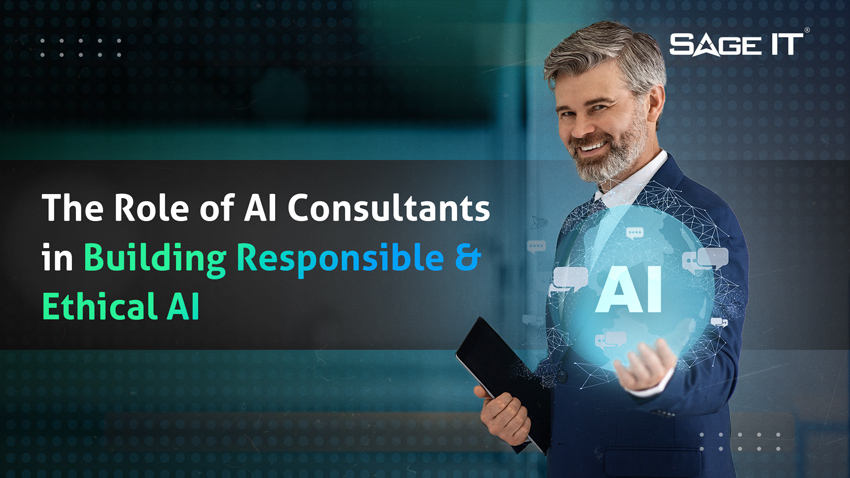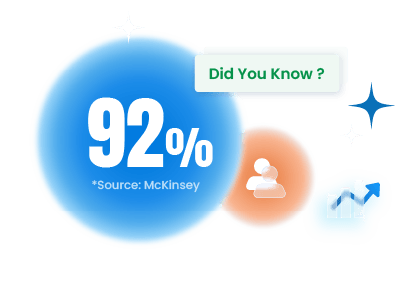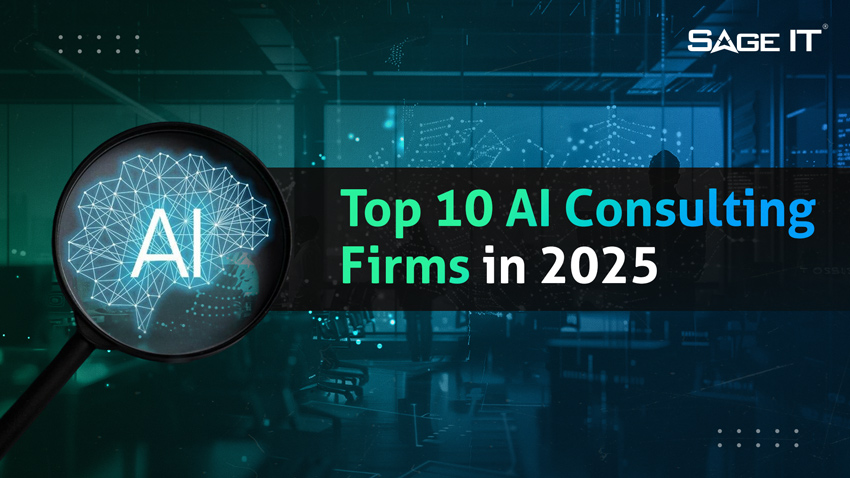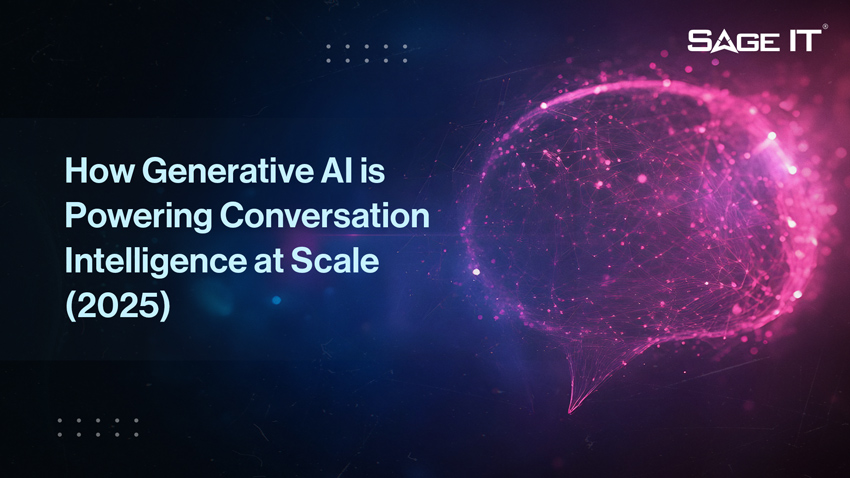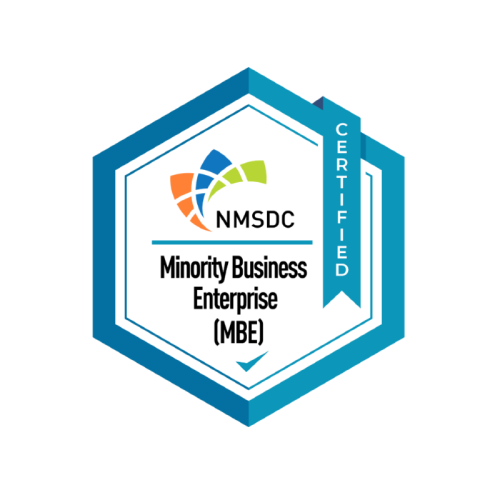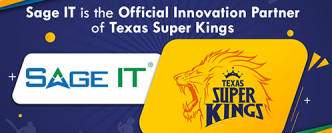AI adoption is everywhere but responsible AI isn’t. Research shows most organizations are experimenting with AI, yet many lack enterprise-grade ethics and compliance policies. That’s where the AI consultant role becomes critical. More than just advisors, AI consultants help enterprises align innovation with governance, ensuring that adoption is fast, ethical, and compliant.
This gap has fueled explosive growth in AI consulting services, with the market projected to reach $54.7 billion by 2032, growing at more than 25% annually. For enterprises, this isn’t a niche investment — it’s a global business movement.
With regulatory pressure mounting from the EU AI Act (bans on “unacceptable-risk” systems began in February 2025) to privacy mandates under GDPR and HIPAA organizations can no longer treat AI ethics as optional. Companies that ignore governance risk not just fines, but customer churn, reputational damage, and slower ROI.
The AI consultant role bridges this gap, protecting revenue, reducing regulatory exposure, and enabling competitive advantage.
For CTOs and Heads of Operations, three realities matter:
This isn’t a philosophical debate. It’s about protecting revenue, reducing fines, and maintaining competitive advantage.
What Is the AI Consultant Role in Enterprises?
The AI consultant role goes far beyond technical support — it’s about guiding organizations through the risks and responsibilities of deploying AI at scale.
Key responsibilities of an AI consultant include:
In short, the AI consultant role exists to ensure AI is not just deployed, but deployed responsibly — balancing innovation with ethics, speed with compliance, and automation with human oversight.
How the AI Consultant Role Solves Enterprise Challenges
In a data-driven economy, scale is non-negotiable. Generative AI is meeting that demand head-on.
Enterprise Pain Points
- Compliance ambiguity around EU AI Act, GDPR, HIPAA, and CCPA
- Fragmented ownership of AI risk across legal, IT, and business units
- Gaps in bias detection, model monitoring, and security implementation
- Trust erosion after high-profile AI failures
Consultant-Delivered Outcomes
Implementation Blueprint: How the AI Consultant Role Guides Scale
| Stage | Duration | Key Deliverables | Success Metrics |
| Discovery & Assessment | 2–4 weeks | AI system inventory; risk heatmap; compliance gap analysis; regulatory mapping | Complete baseline; identified high-risk systems; clear compliance requirements |
| Framework Design | 4–8 weeks | Governance policies; ethical guidelines; risk strategies; business case matrix | Board-approved AI policies; cross-functional alignment; prioritized roadmap |
| Pilot Implementation | 8–12 weeks | Pilot system; bias testing; monitoring dashboards; training modules | Early wins; bias incidents prevented; efficiency gains |
| Production & MLOps | 12–16 weeks | Full rollout; automated monitoring; incident response playbooks; optimization | Accelerated time-to-value” or “Significant reduction in deployment time; zero compliance violations |
| Governance & Scale | Ongoing | Quarterly audits; policy updates; continuous training; reporting | Audit readiness; <2% model drift; 95% stakeholder confidence |
Common Pitfalls We Prevent
A responsible AI consultant ensures these pitfalls are avoided by embedding ethics directly into business strategy and culture.
Proven Frameworks & Methodologies
NIST AI Risk Management Framework – Industry-standard voluntary framework with four core functions: Govern, Map, Measure, and Manage, providing 72 actionable subcategories for comprehensive AI risk management throughout the system lifecycle.
Deloitte Trustworthy AI™ – Seven dimensions: transparent, fair, robust, privacy-respecting, secure, accountable, human-centric. Balances explainability with performance.
BCG’s 5-Pillar System – Strategy, Governance, Processes, Technology, Culture; includes RAI Maturity Assessment and red-teaming.
Security & Compliance Standards
- ISO/IEC 42001 (AI management systems)
- GDPR/CCPA privacy-by-design
- HIPAA for healthcare applications
- SOC 2 Type II alignment
- NIST Cybersecurity Framework integration
Industry-Specific Solutions
- Financial Services – Algorithmic fairness testing → up to 40% increase in fair loan approvals without raising risk. Compliance: FCRA, ECOA, SR 11-7.
- Healthcare – HIPAA-compliant auditing → equitable outcomes across patient groups. Compliance: HIPAA, FDA guidance.
- Retail & E-commerce – Explainable pricing → up to 25% drop in complaints; improved trust. Compliance: CCPA, FTC guidelines.
- Manufacturing – Predictive maintenance with safety-first protocols → up to 30% improved uptime; zero safety incidents. Compliance: OSHA, ISO 45001.
- Public Sector – Bias-aware hiring AI → up to 35% diversity improvement; litigation risk reduced. Compliance: EEOC, Title VII.
Engagement Models & Investment Engagement Models & Investment: Flexible paths for AI governance consulting
- Advisory Retainer ($15K–30K/month): Ongoing oversight, quarterly reviews, exec advisory.
- Sprint-Based Pilots ($75K–150K): 8–12 week focused use case with knowledge transfer.
- Full Program Delivery ($500K–2M): End-to-end governance, multiple AI systems, training.
ROI Evidence
- Consultant-led programs show significantly higher success rates (67% vs. 33% for internal-only efforts)
- Returns vary by organization: successful implementations typically achieve positive ROI within 12-18 months through efficiency gains, faster deployment, and risk mitigation
- Bias incident prevention: potential to avoid substantial losses (average data breach costs $4.45M; discrimination lawsuits can exceed $10M)
- Regulatory fines avoided: EU AI Act penalties up to €35M or 7% of annual revenue
- Customer retention: Research shows 61% of companies lose customers due to AI bias incidents; proper governance helps prevent this loss
Risk Mitigation & Governance Checklist
Technical Safeguards
- Encryption at-rest & in-transit
- Role-based access with audit logging
- Bias testing: demographic parity & calibration
- Automated drift detection & alerts
- Quarterly red-teaming
Governance Requirements
- Full AI inventory & risk registry
- Data protection impact assessments (GDPR/CCPA)
- Accountability matrix with escalation paths
- 24-hour incident response protocols
- Immutable audit trails
- Human-in-the-loop oversight
Your 90-Day Action Plan
Days 1–30: Foundation
- Conduct AI inventory & risk assessment
- Form governance committee
- Review jurisdictional requirements
- Secure exec sponsorship
- Advisory Retainer ($15K–30K/month): Ongoing oversight, quarterly reviews, exec advisory.
- Sprint-Based Pilots ($75K–150K): 8–12 week focused use case with knowledge transfer.
- Full Program Delivery ($500K–2M): End-to-end governance, multiple AI systems, training.
Days 31–60: Design
- Engage consultants
- Develop governance policies
- Design pilot with safeguards
- Train teams on ethics principles
Days 61–90: Implementation
- Launch pilot with monitoring
- Establish incident protocols
- Deploy bias testing procedures
- Document compliance requirements
Bottom Line
The EU Artificial Intelligence Act is no longer theoretical. Its enforcement has begun, and the financial and reputational consequences of non-compliance are material. Bias incidents already reduce revenue and erode customer trust, while the shortage of skilled talent makes internal adoption harder.
Organizations that work with an experienced responsible AI consultant achieve faster deployment, measurable returns on investment, and reduced exposure to regulatory penalties. Companies that attempt to manage compliance and governance on their own face higher failure rates and slower time-to-value.
Responsible AI is now a business requirement. For enterprises competing in regulated markets, the choice is clear: invest in ethical AI expertise today or risk higher costs and weaker market position tomorrow.
Next step: Book an AI discovery call to evaluate your AI risk posture and map a compliant path forward.
FAQs
Design and operationalize responsible AI: governance, risk controls, monitoring, training.
By mapping obligations (EU AI Act, GDPR/HIPAA) and implementing monitoring, controls, and incident response.
Regulated sectors such as finance, healthcare, energy, and the public sector require these frameworks, but any enterprise using AI for decisions also needs them.
Assessment in weeks; full maturity over 6–12 months.
Engagements vary: retainers start around $15K/month, pilots range $75K–150K, and enterprise-wide programs can reach $500K–2M, depending on complexity.
No. Consultants design standards-aligned frameworks (e.g., NIST AI RMF, ISO/IEC 42001) to reduce risk. Accountability remains with the enterprise.
Clients typically achieve positive ROI within 12-18 months, with returns varying based on organization size and implementation scope. Value comes from faster deployment, incident prevention, and maintained customer trust.
General-purpose AI obligations under the EU AI Act start Aug 2, 2025; systemic-risk obligations follow in 2026–2027.
